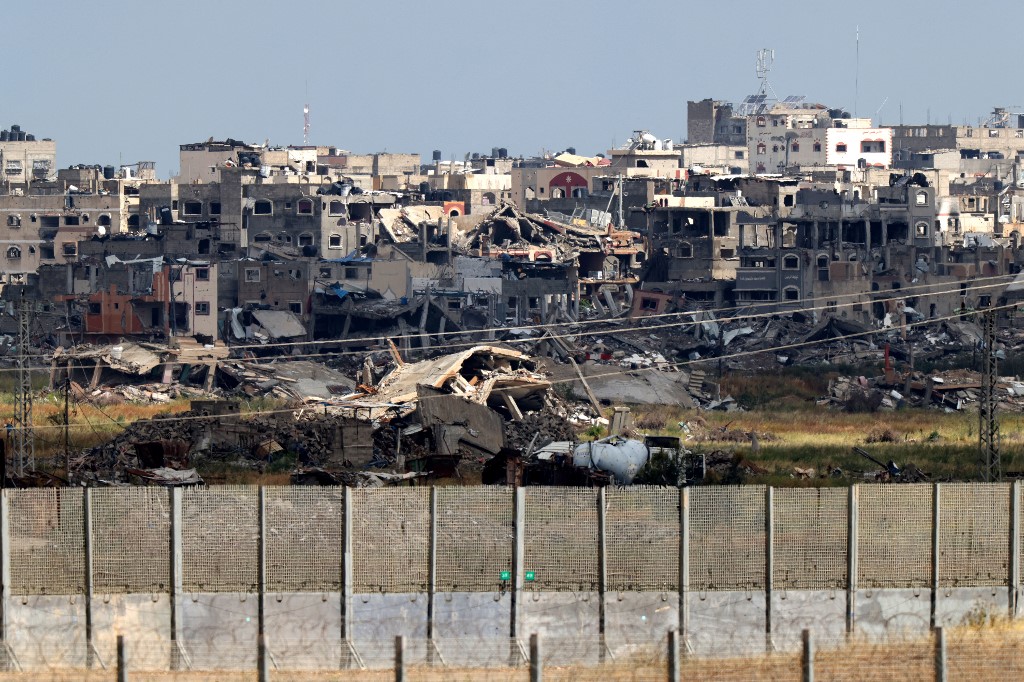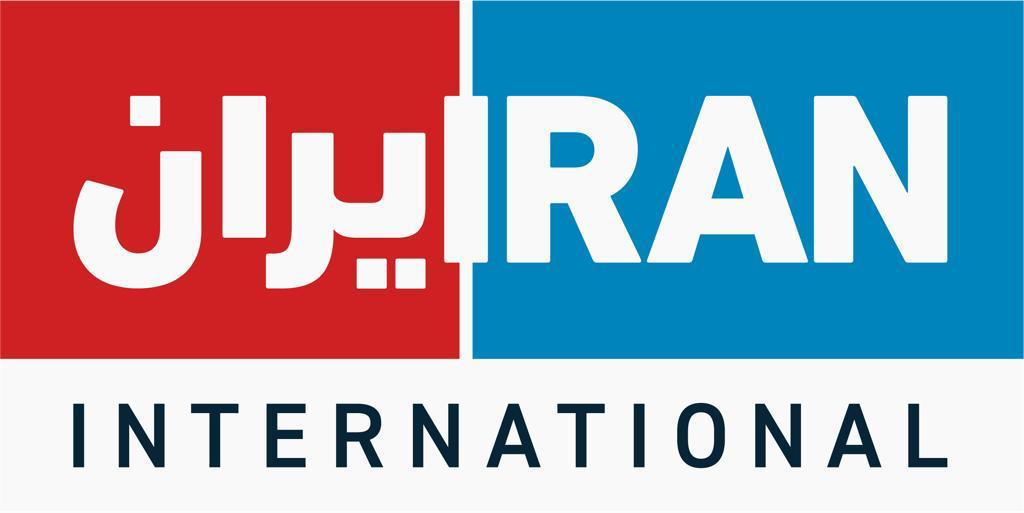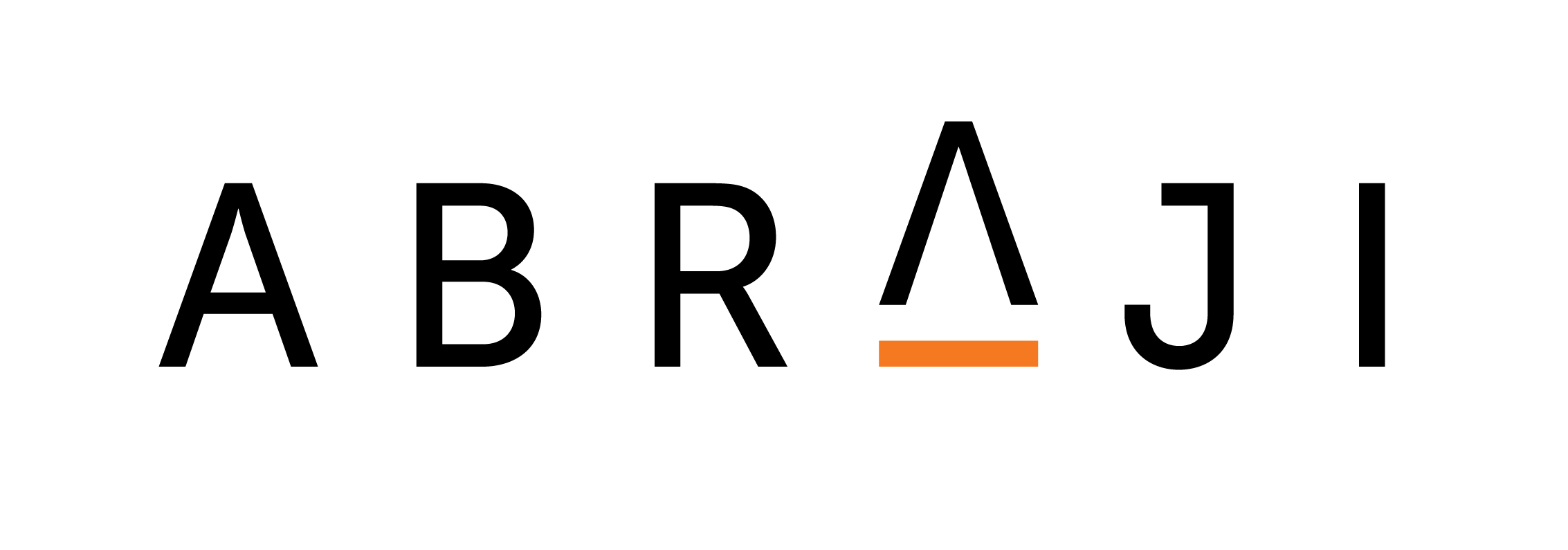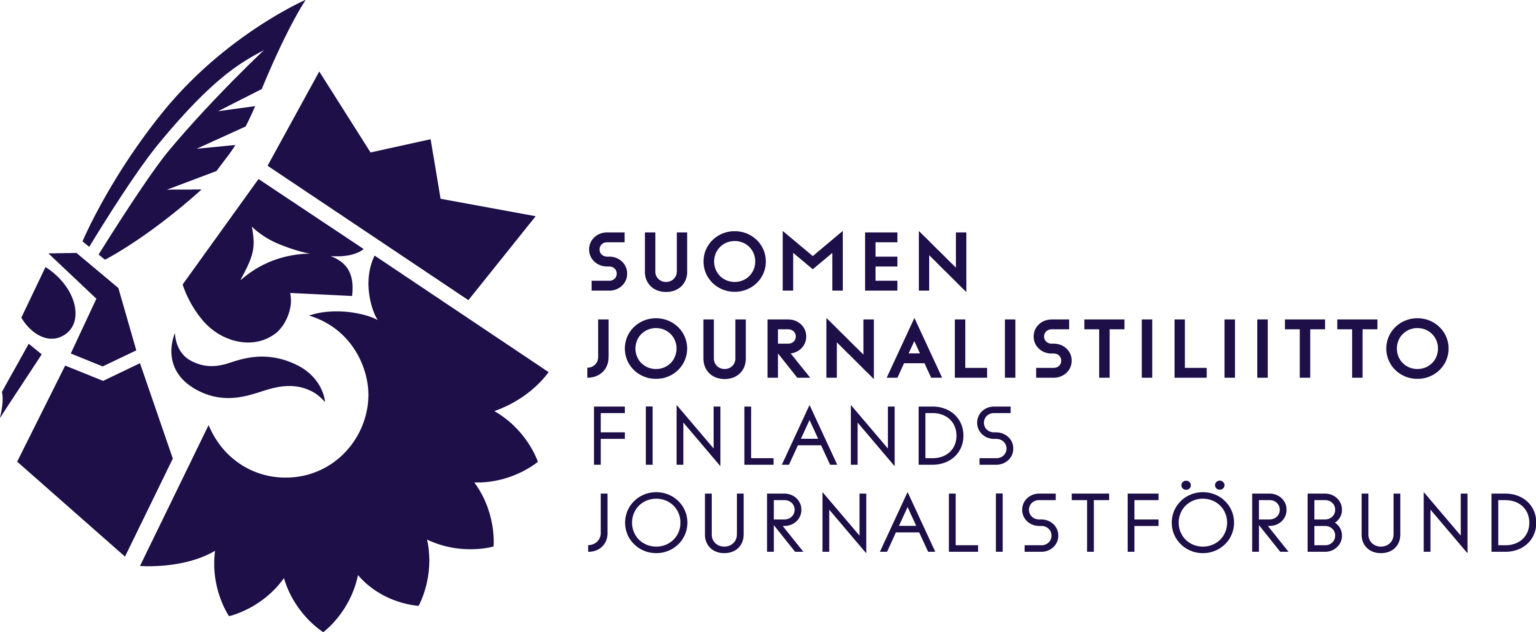Big speeches about the importance of journalism will be made today by the very political leaders who are not delivering on the commitments they made on World Press Freedom Day a year ago. It’s time to call their bluff, starting from Gaza, writes INSI Director Elena Cosentino.
While most eyes appear to be on Gaza, some will rightly point out that we are not paying enough collective attention to how press freedom is being increasingly brutalised, away from the headlines, in countries like Sudan and Eritrea, Afghanistan or Myanmar, just to name a few. This is certainly true.
Yet I would also argue that while we may be indeed focused on Gaza, and on the horrific death toll which has included so many local journalists and their families there, we are not paying enough attention to another issue which has enormous potential repercussions and ramifications for press freedom everywhere: the current foreign media blockade on Gaza.
And I am not just referring to the refusal by the Israeli government (and the Egyptian one as a segue), to allow international news teams to enter the Strip and report on the war there. That’s perhaps not surprising. Israel, or Hamas for that matter, would be unlikely to come out well of any on-the-ground foreign coverage of the ongoing conflict.
However, what I feel is being dangerously downplayed is the significance of the utter indifference, inaction, and even wilful disdain displayed by Western governments towards requests to support foreign media access to one of the most consequential conflicts of our times.
Not being able to enter Gaza for reporting purposes, not even accompanying NGOs (with one brief CNN exception and rare and one-sided IDF embeds), has now been normalised. Outside journalists are effectively expected to resign themselves, as if it were inevitable, that this war is “off-limits” for them.
Make no mistake. There’s nothing normal about it. Imagine if Western ally Ukraine had been sealed off to foreign media from the beginning of the war? Would that be still seen as normal, reasonable, or inevitable, seven months later?
Disingenuous arguments are being bandied around that Gaza is too dangerous to allow foreign media in. Foreign aid workers are going in and out. And journalists understand those risks just as well, as they are used to working in and around them. I have also heard insinuations that international journalists consider themselves “better” than local ones, and that’s the only reason why they want to go.
This couldn’t be further from the truth.
During a recent radio broadcast, I heard a Gazan freelancer being asked to report on the situation where she was, in Rafah. The journalist was clear, informative, professional, but there was something disturbing in her tone of voice. I could sense the presenter doing the q&a on the radio sounded worried and hesitant to continue the phone interview. I googled the Gazan freelancer’s name, looking to compare her voice to previous reports by her. Maybe this was just her normal way of speaking? But it wasn’t. Her hollow, monotone, almost lifeless cadence on the radio that day was a heartbreaking reminder of the unspeakable trauma endured by so many journalists in Gaza.
At a Society of Editors’ event in London this week, BBC Gaza Bureau Chief Rushdi Abualouf, recently exiled in Turkey, recalled his struggle on some particularly harrowing days in Gaza. He shared he sometimes told his bosses he could not go on air as he was too distraught. Like when his best friend lost 20 members of his close family to an Israeli strike, or when he feared his own wife and children may have been killed by a missile. Rushdi had no doubts international journalists should be allowed in, to work together with local colleagues, as it’s done anywhere else in the world.
Many other Gazan journalists have had to leave, forced to choose between their work and the lives of their surviving children, as in the tragic case of Al Jazeera Bureau Chief Wael Dahdouh.
Over the past months, dozens of open as well as private letters and appeals have been written by some of the world’s most respected war correspondents, by reputable media outlets and by press freedom organisations. These appeals were made to the heads of the UK and US governments, among others. In them, it was pleaded they pressure their ally Israel not only to let international media into Gaza for reporting purposes, but also to allow the delivery of safety and other basic equipment to Gazan colleagues.
All of these journalists, they argued, are traumatised, malnourished, homeless and bereaved. They need support, they need respite. None of those appeals were even dignified with a reply. You may think this is a sidebar, and not a crucial issue. I argue it should be a huge concern for all.
Gaza has been sealed off to foreign journalists before, but never for so long and in such circumstances. Israeli journalists themselves lament being denied access to the territory and the Israeli public is said to be mostly in the dark about the realities of the war.
After nearly seven months of war, tens of thousands of civilian deaths, with the region on the brink of a larger escalation, the Western world increasingly ripped apart in a tribalistic schism not seen for decades, we don’t have even a shred of a common accepted narrative to start building the basis for peace, or at least for some form of future compromise.
Local Gazan journalists, including those working for international outlets, are the only ones on the ground. Regardless of their merits, they are berated by Israel and their work is treated with suspicion by its allies. Any news coming out of the strip is atomised, doubted, disputed even when glaringly self-evident, and often treated as unverified and unreliable.
No peace can be built without some form of shared reckoning - on all sides - with the truth on the ground.
That’s why the failure to support the deployment of experienced, widely-known, international correspondents to Gaza is a grave miscalculation on the part of any government which calls itself democratic.
Normalising the exclusion of broad, independent, international media scrutiny on such consequential world events, it doesn’t only spell further disaster for the Middle East. It also creates an ominous precedent which risks accelerating the decline of democracy everywhere, in favour of fractured, polarised, populist-led societies where nothing sticks anymore, no ground is ever common, and no wound is ever healed.
All those political leaders who, today, will deliver warmly worded speeches about how important press freedom is for democracy around the world, should start practicing what they preach, before they themselves become victims of a fact-free world we are all in danger of sliding towards.
- Elena Cosentino, INSI Director
Image by Jack Guez / AFP: This picture taken on April 10, 2024 from Israel's southern border with the Gaza Strip shows buildings across the border fence which have been destroyed during six months of fighting and relentless bombardment of the Palestinian territory, amid continuing battles between Israel and Hamas.



























































